bamboo plant supports
Bamboo plant supports represent an eco-friendly and versatile solution for garden management, combining traditional wisdom with modern horticultural needs. These natural supports are crafted from sustainable bamboo, known for its remarkable strength-to-weight ratio and inherent durability. Available in various sizes and configurations, bamboo plant supports serve multiple functions in both indoor and outdoor gardening scenarios. They effectively provide structural support for climbing plants, heavy-fruiting vegetables, and flowering perennials while maintaining an aesthetically pleasing appearance that blends seamlessly with garden landscapes. The supports feature naturally occurring nodes that strengthen the overall structure and provide convenient attachment points for plant ties. Weather-resistant and naturally decay-resistant, these supports can withstand various environmental conditions, making them suitable for year-round use. Their implementation requires minimal technical expertise, allowing gardeners of all skill levels to effectively support their plants while promoting healthy growth patterns. The versatility of bamboo supports extends to their application in container gardening, raised beds, and traditional garden plots, offering flexible solutions for diverse gardening needs.
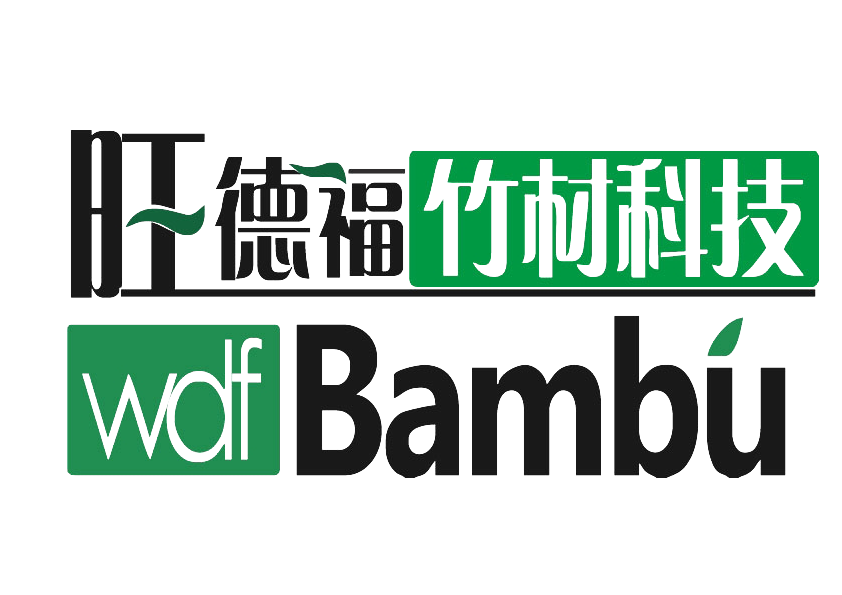
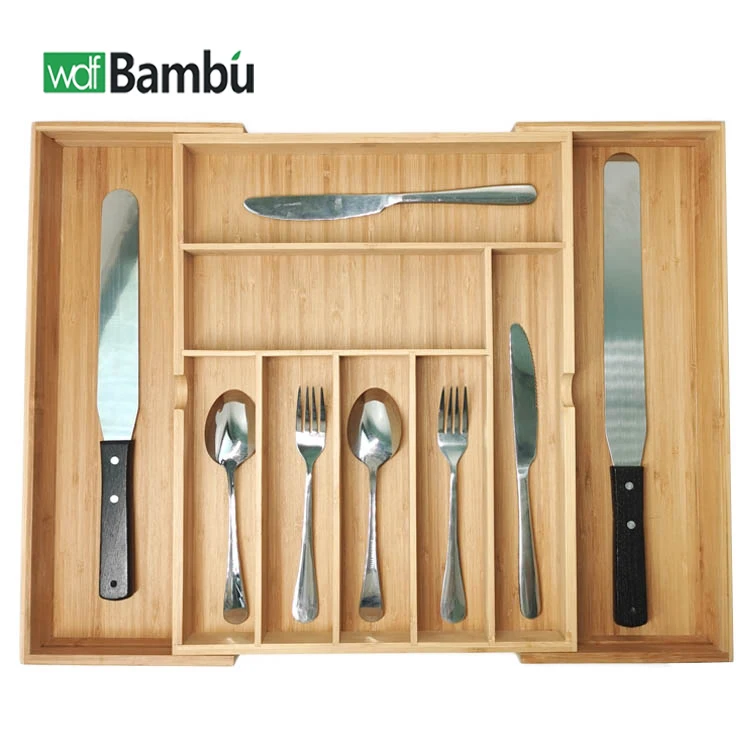
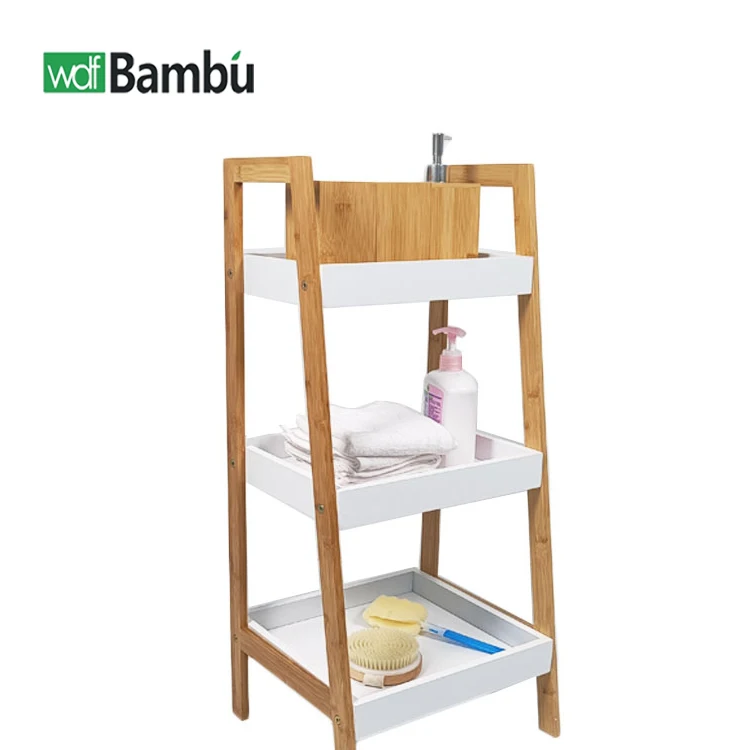
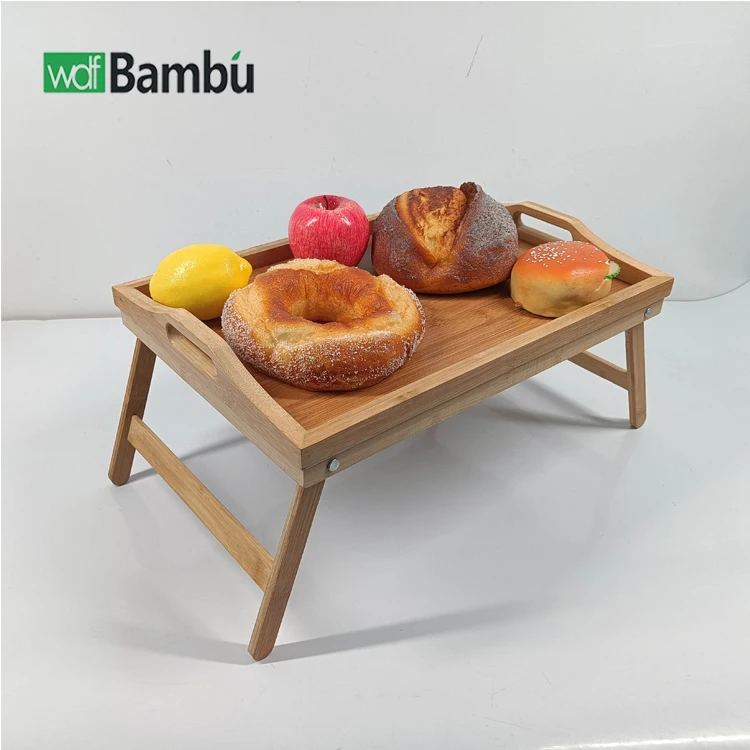
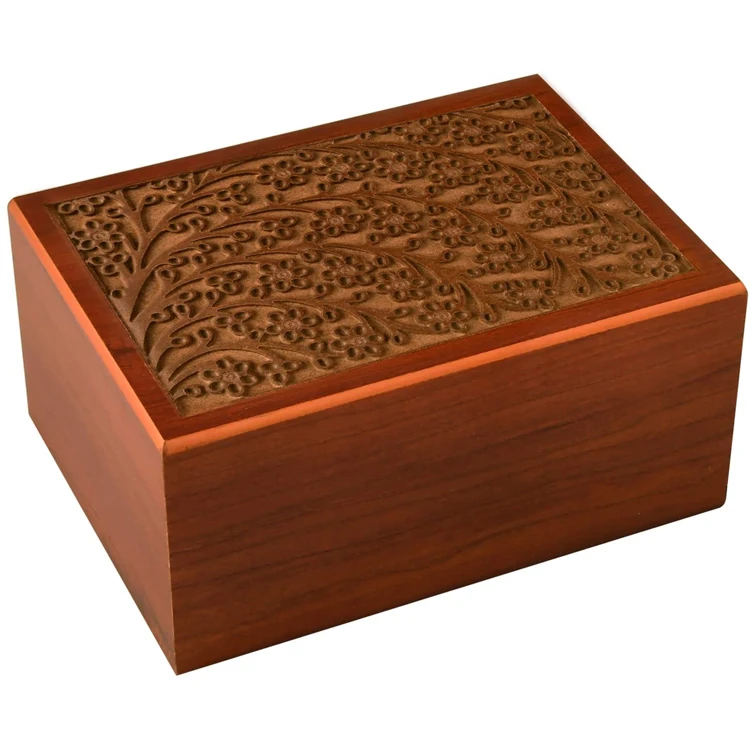



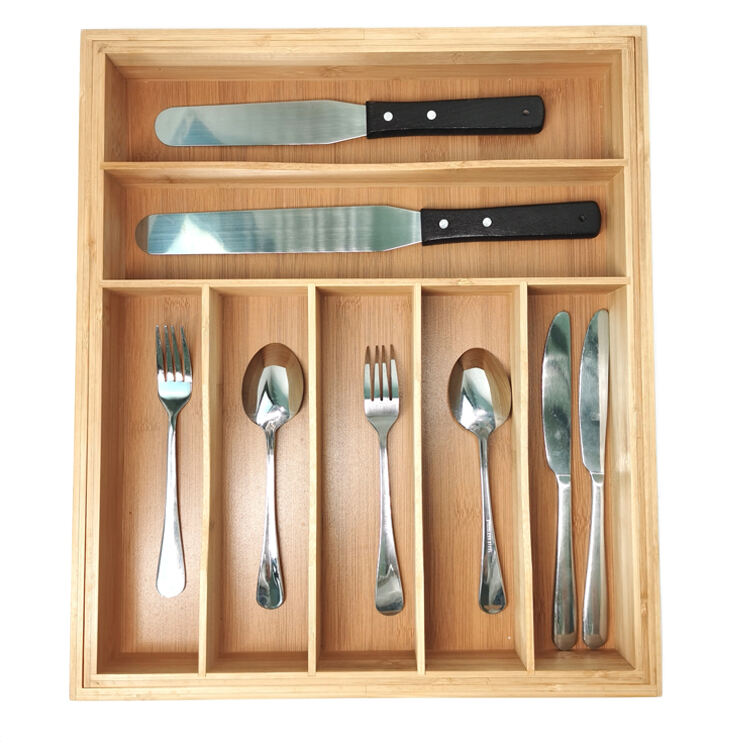
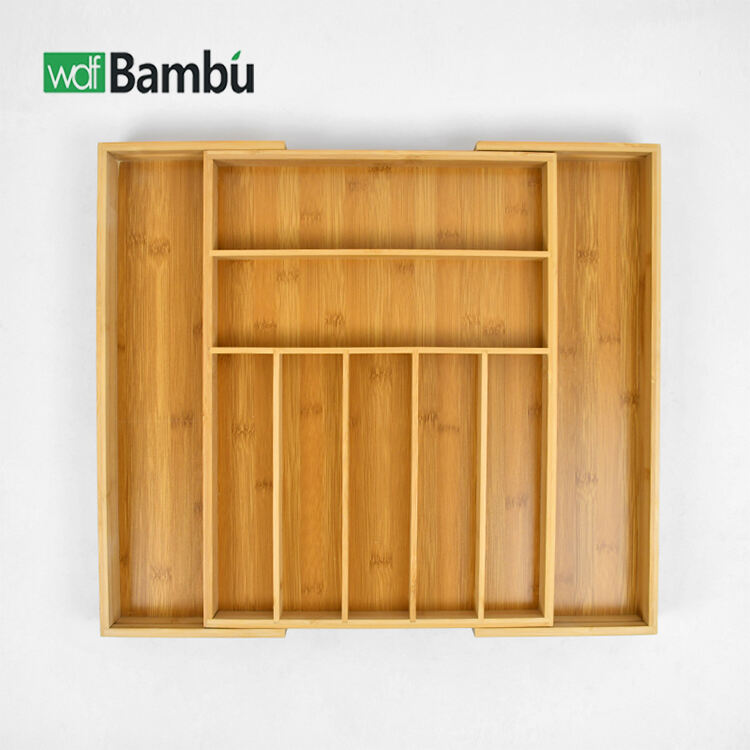

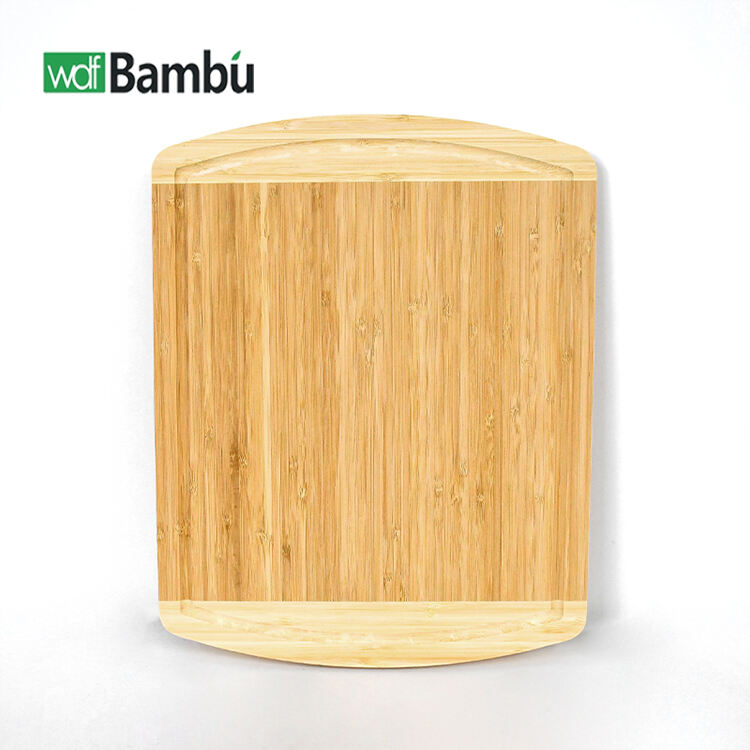
 FSC-certified Bamboo
FSC-certified Bamboo
 Custom Packaging
Custom Packaging
 Bulk Discounts
Bulk Discounts
 Meet Our Artisans
Meet Our Artisans
 Modernized for Your Home
Modernized for Your Home
 Our Story Begins in
Our Story Begins in

 Home
Home